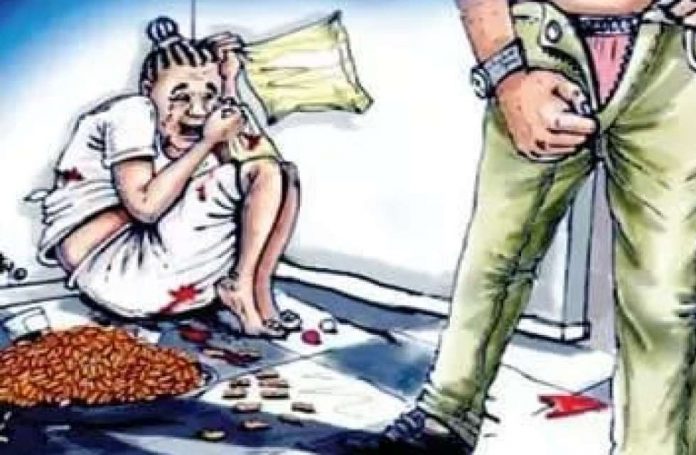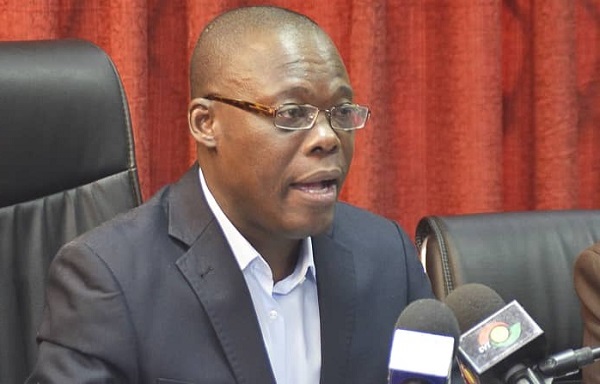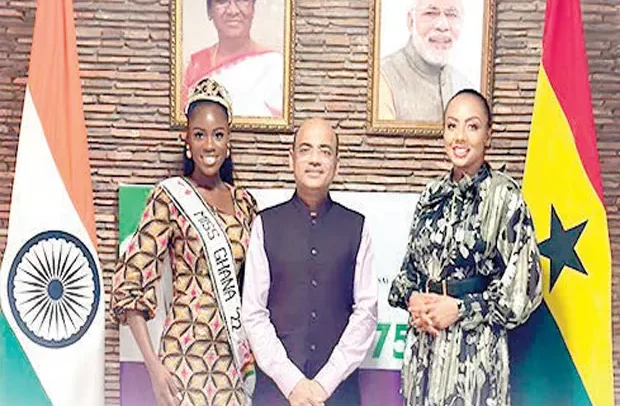

Supreme Court petitions seeking to criminalise marital rape have been contested by the Indian government, which has argued that the proposed legislation would be excessively harsh.
A man does not have a fundamental right to engage in non-consensual sex with his wife, according to the federal home ministry's argument to the court. Nevertheless, it argued that the current legal framework adequately safeguards married women from sexual assault.
The petitions question a statute passed during the British era that shields men from prosecution in cases of marital rape. The court is now considering the possibility of revising this statute.
In India, domestic violence is still prevalent. One in twenty-five women have been victims of sexual assault at the hands of their husbands, according to a recent government survey. More than 100 countries have made marital rape illegal, including the United Kingdom, which did so in 1991.
Nonetheless, India remains one of around thirty countries, along with Pakistan, Afghanistan, and Saudi Arabia, where marital rape is still legally permitted.

Over the years, several applications have been submitted to remove Section 375 of the Indian Penal Code, a law dating back to 1860. This clause contains several exemptions, one of which states that if a man has intercourse with his wife and she is not a minor, then it is not regarded as rape.
Campaigners maintain that non-consensual intercourse constitutes rape, regardless of the relationship between the parties involved, arguing that such laws are outdated and incompatible with modern legal norms.
In India, the push to make marital rape a crime has gained significant momentum, particularly after the Delhi High Court delivered a split verdict on the matter.
International organisations such as the United Nations, Human Rights Watch, and Amnesty International have also expressed concern over India's failure to criminalise marital rape.
The state's response, outlined in a 49-page affidavit submitted to the Supreme Court on Thursday, reflects a stance deeply rooted in patriarchal norms, where marriage is often regarded as sacred and untouchable.
The affidavit characterises marriage as a different class relationship governed by a multifaceted ecosystem of laws, rights, and obligations. It argues that criminalising marital rape could significantly disrupt the institution of marriage and significantly affect the conjugal relationship.
The government acknowledged that the expectation of reasonable sexual access between spouses is ongoing; however, it stressed that this does not grant a husband the right to force his wife into sexual acts. Nevertheless, it argued that including marital rape in anti-rape legislation would be disproportionate and excessively harsh.
\The affidavit also stated that married women are already protected from domestic violence, sexual harassment, and assault under existing laws, suggesting that these measures are sufficient.
The home ministry further contended that marriage is a social institution and that the concerns raised in the petitions are more societal than legal. Consequently, it argued that the responsibility for developing policies to criminalise marital rape lies with parliament.
However, the Indian government, religious organisations, and men's rights advocates have opposed any attempts to amend the law, asserting that a woman cannot revoke her consent for sex later, as it is implied in marriage.
Courts have delivered inconsistent rulings, allowing a husband to be charged with rape in some cases but rejecting the petition in others.
After the Delhi High Court’s split decision in 2022, the case was escalated to the Supreme Court, with proceedings beginning in August.
Read Full Story
















Facebook
Twitter
Pinterest
Instagram
Google+
YouTube
LinkedIn
RSS